By Jake Howell jake.howell@utoronto.ca
CANNES 65: A Wrap
The question was never “if” Michael Haneke was going to win something—the question was always “what.”
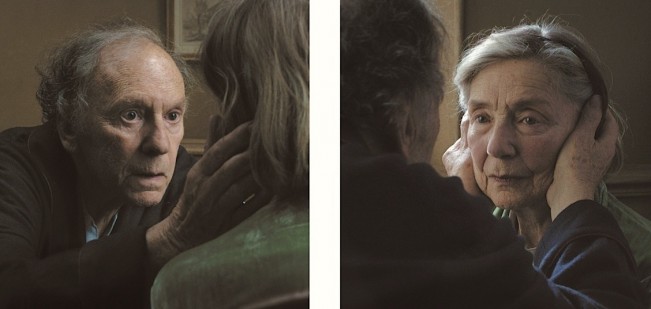 Haneke’s heart-breaking Amour took home the film world’s most prestigious prize today, making him the second director (after Bille August) to ever win the Palme d’Or for back-to-back Cannes entries. This isn’t exactly surprising—Haneke has won prizes for every film he has brought to the festival, except for 1997’s Funny Games. Haneke won the Palme for 2009’s The White Ribbon, meaning the director is now officially twice golden: Haneke becomes the seventh (eighth, if you include both Dardennes) filmmaker to receive a second Palme, an elite group of filmmakers that also includes Francis Ford Coppola and Shohei Imamura.
Haneke’s heart-breaking Amour took home the film world’s most prestigious prize today, making him the second director (after Bille August) to ever win the Palme d’Or for back-to-back Cannes entries. This isn’t exactly surprising—Haneke has won prizes for every film he has brought to the festival, except for 1997’s Funny Games. Haneke won the Palme for 2009’s The White Ribbon, meaning the director is now officially twice golden: Haneke becomes the seventh (eighth, if you include both Dardennes) filmmaker to receive a second Palme, an elite group of filmmakers that also includes Francis Ford Coppola and Shohei Imamura.
Amour is a touching, moving picture, and it is extremely well-deserving of the honor. The masterful acting in the film was not awarded, but the Nanni Moretti-led jury effectively did so anyway by giving the Palme to a primarily performance-driven film. A big hand to everyone involved, as the Palme truthfully couldn’t have gone to a better motion picture at this event. Jean-Louis Trintignant and Emmanuelle Riva are immortalized with gold plating.
The festival’s second place award, the Grand Prix, goes to Matteo Garrone for Reality. Another justified win, as Reality is a film that is likely destined to be analyzed for decades. The film features brilliant parallels and real-world connections, and it won’t be long before the film scholars of the world write deep analysis about this movie. It is carried by an excellent lead performance – played by Aniello Arena – and showcases elegant, beautiful cinematography across the board. Reality is Garrone’s second Grand Prix win: the director first won the prize in 2008 for Gomorrah. Cannes 2012 is a year of back-to-backs!
Ken Loach winning the Jury Prize is admittedly shocking. Many people – myself included – had written Loach off after viewing the trailer for The Angels’ Share, which looked to be a lightweight romp at best. Who could have guessed it? Good on Loach for surprising everyone here, and winning yet another Cannes prize. Loach’s win reminds us all of one very important thing: you can’t judge a film by its cover – er, trailer.
The festival’s best director prize goes to Carlos Reygadas for Post Tenebras Lux, a bizarre art film that holds many autobiographical aspects in its composition. This prize is always a crap-shoot to predict correctly, but the 2012 jury gave the award to a brave film that wears its author’s heart on its sleeve. Post Tenebras Lux is a difficult film to watch (and understand), but it makes more sense when you read about Reygadas’ personal life and how it is reflected on screen.
Best actor goes to Mads Mikkelsen, who delivered a knockout performance in an equally great film, The Hunt. While many had Jean-Louis Trintignant tipped to win, Mikkelsen’s Lucas was similarly top-notch, and the Great Dane deserves plenty of kudos.
The best actress prize is a bit of a shocker, because instead of one woman being honored, this year’s jury decided to award two. The female leads of Beyond The Hills, Cosmina Stratan and Cristina Flutur, beat out critic favorites Marion Cotillard and Emmanuelle Riva, which is pretty neat. Stratan and Flutur were previously unknown actors, and have been on exactly zero radars until this very moment, so congratulations to them. If they decide to continue acting – which they absolutely should – these awards will open many doors for them.
Speaking of Beyond The Hills, director Cristian Mungiu accepted the prize for best script, or the prix du scenario. There isn’t an extraordinary amount of sizzling dialogue in Mungiu’s film, but most people forget there are other elements to a script than what the actors are supposed to say. The script was adapted from nonfiction, which can be difficult to do justice. Audiences need only to watch the final reel to know the jury made a wise decision.
All in all, it’s been a terrific event. The prizes are always hard to predict (and every time someone’s feelings are hurt), but Cannes 2012 has been an undeniably strong year.
Finally, thanks for reading.
Other winners:
Best Short Film: Silence
Camera d’Or: Beasts of the Southern Wild, Benh Zeitlin









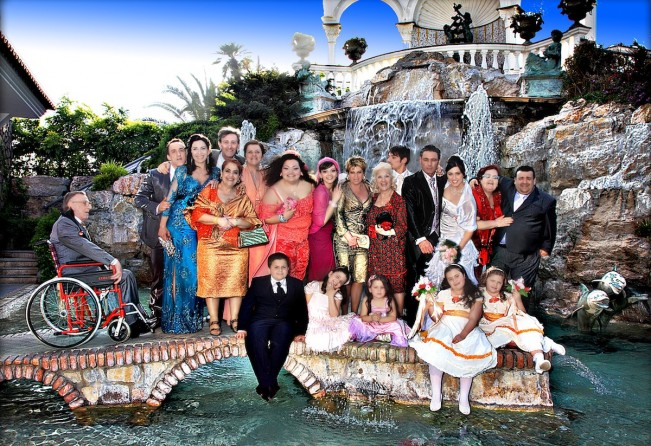

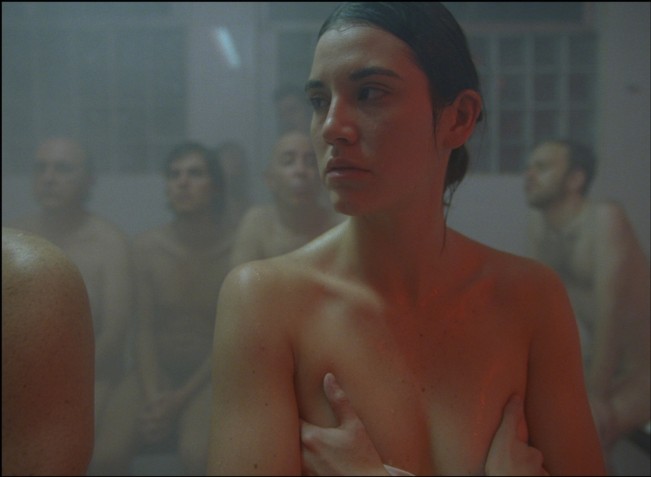
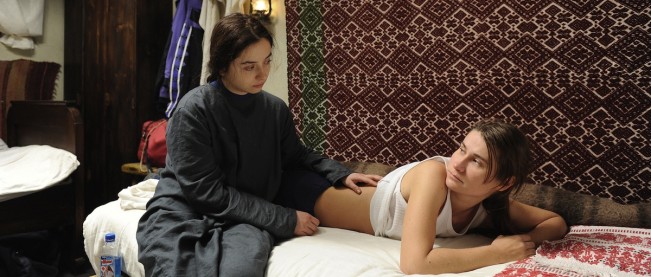
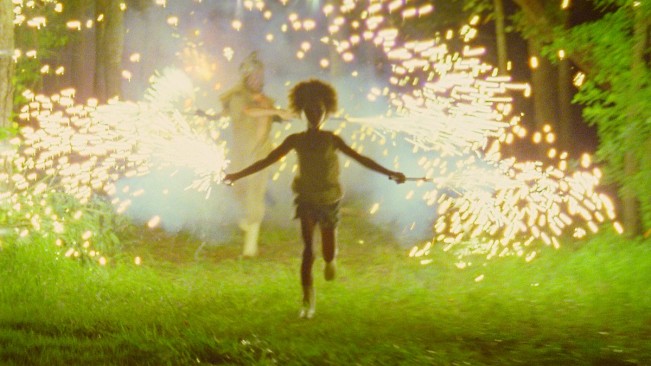







Nice job, Jake. It’s been a pleasure to follow the festival with you.
What Jay said… ^